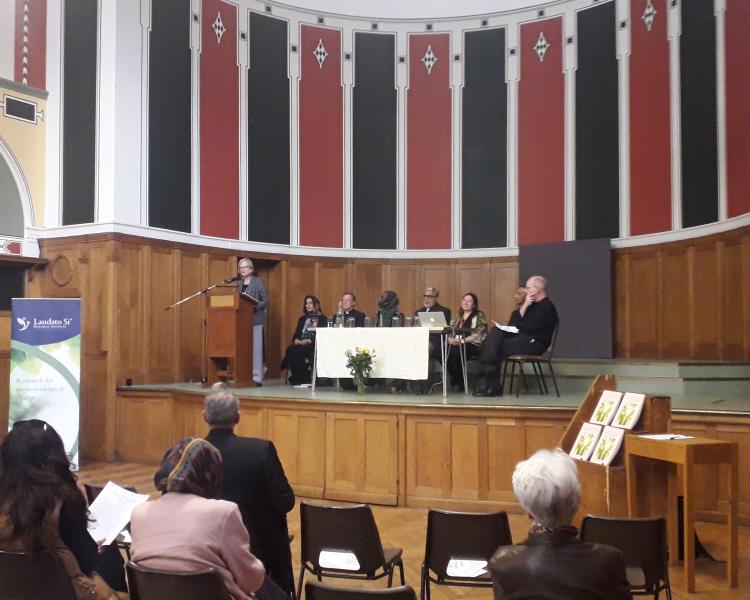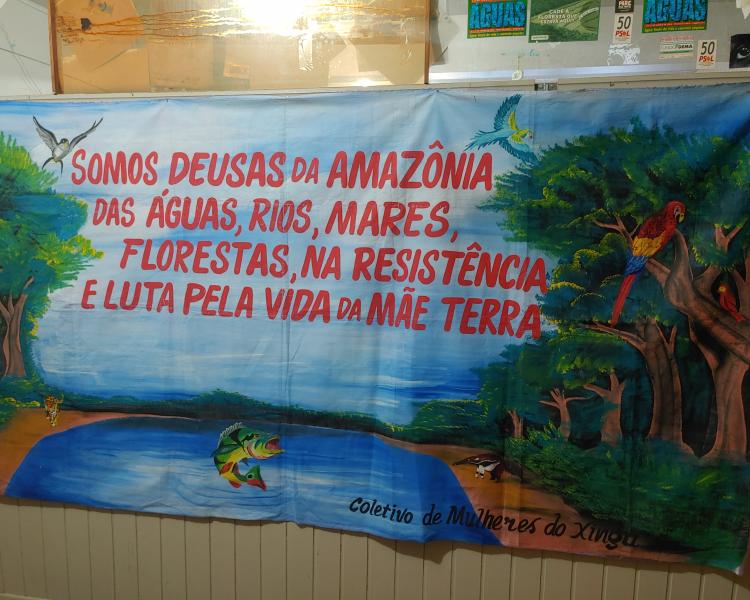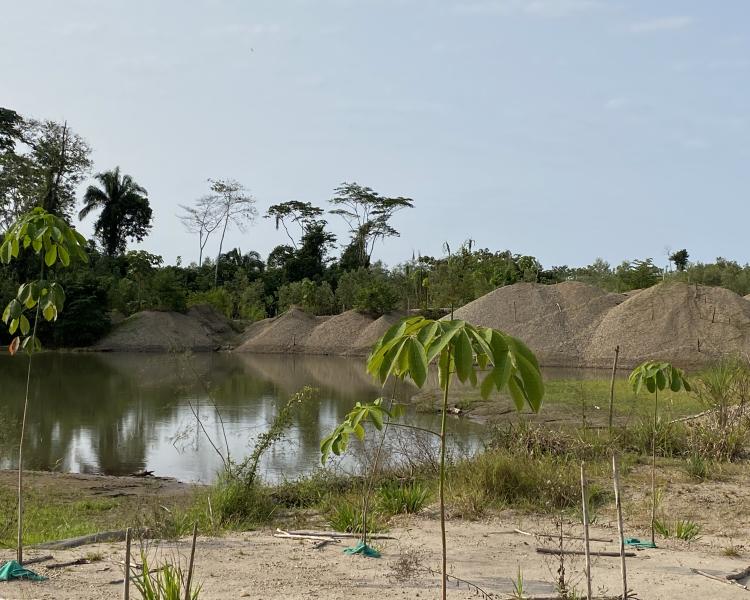LSRI research follows an integral ecology research methodology, that is, it is rooted in theological, ethical and moral values which see the human and natural world and its spiritual understanding as one interconnected whole. The implications of such methodology are threefold.
First, we seek to discern concrete needs. We engage with and document the voices of vulnerable and silenced communities, from regions of the world that are often marginalised within mainstream western academia. We also take care to heed the voices of "non-human" as well as human actors.
Second, we take this discernment forward in an integrated way, drawing from the humanities, natural and social sciences and also wisdom coming from the marginalized communities themselves. We seek to engage in partnership with local communities and institutions who are able to provide information and insights from their lived experiences.
Third, integral ecology research is oriented at transformation. It implies co-producing knowledge with marginalized communities themselves, and the organisations which seek to address the causes of their marginalization. It is a mutually transformative journey for the researchers and diverse communities and organisations involved.
Our thematic research areas are guided by the expertise of our academic researchers, and follow three broad streams: theologically-oriented, socially-oriented and ecologically-oriented research streams.









